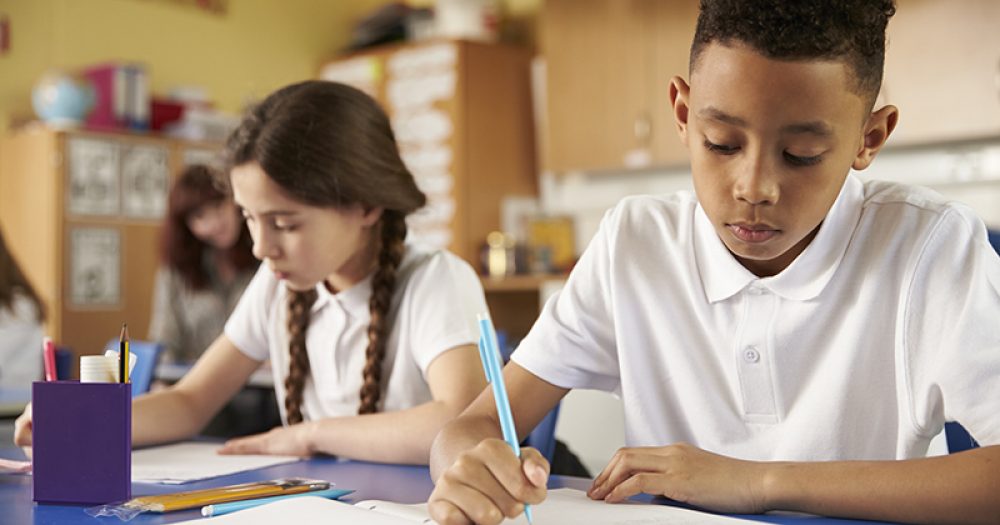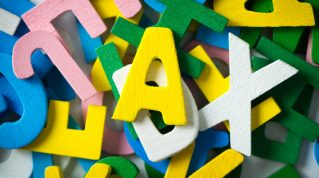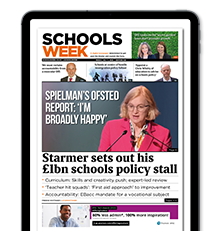SATs week in 2023 triggered the same discussions it has sparked every year for the past decade. Concerns about the key stage 2 tests are well-known: some have raised fears that direct links between results and school performance measures lead to too much teaching to the test, at the expense of broader learning opportunities. Others have suggested the narrow focus on literacy and numeracy leads to increased stress for teachers and families and neglects pupils’ wider strengths.
These are perennial worries, and there’s reason to believe they may grow in the coming decade. The government’s 2022 schools white paper announced an ambition for 90 per cent of key stage 2 pupils to reach the expected standard in reading, writing and maths tests by 2030. With only 59 per cent of pupils meeting this standard in 2022, primary schools may be feeling more pressure to focus on boosting attainment.
SATs have their place, but how can we manage these valid concerns and ensure pupils have the chance to show the full range of their strengths?
Part of the answer must be to advance our understanding of complementary approaches. That’s why we teamed up with Big Education and, with support from the NCFE Assessment Innovation Fund, set out to create the Primary Extended Project Award (PEPA). Our aim was to develop a rigorous, flexible and scalable project-based assessment for 10- and 11-year-olds that any primary school could use to enhance existing practice.
We began by reviewing other high-quality project-based assessments. Among local and international examples, we found a wealth of work in EYFS and secondary schools but only limited opportunities for primary pupils, particularly in state-funded education. Nonetheless, our review set out the importance of striking a balance between independent learning and structured guidance from teachers, of providing a range of resources for teachers and students, and of building in opportunities for reflection and feedback, as well as an end-point assessment.
Next, we began a collaboration with primary school teachers and leaders to co-design the PEPA.
As a group, we developed a curriculum, teaching sequence and assessment framework to ensure the programme was clear and inclusive enough to appeal to staff, parents and pupils.
We must advance our understanding of complementary approaches
Teachers gathered feedback from their colleagues and pupils, and worked through the PEPA teaching plan with a particular child from their class in mind. This helped to test pinch points, especially for busy timetables and pupils with additional needs, and enabled us to complete the programme’s design and plan the resources schools need to deliver it, from assessment rubrics to professional development materials.
The result is a programme that enables pupils to carry out an extended project addressing a real-world challenge, while developing skills and dispositions in research and presentation, imagination, inquisitiveness, and persistence. Children will learn how to select reliable sources of information, drive and manage their own learning, and self- and peer-assess.
CfEY and Big Education will help to safely connect pupils with expert mentors, who can share their knowledge of chosen topics. Pupils will also choose how to present their final project, for example through a performance, artwork, video or podcast, in a celebration event for the local community at the end of year 6.
Throughout the PEPA, pupils will receive formative feedback from peers, parents, teachers and mentors. When they complete their project, they will gain gold, silver, and bronze awards for their progress. Expectations for their work, evidence of progress, feedback, and self-reflection will be recorded in a customisable online project record which pupils will be able to take with them when they leave primary school, as a rounded picture of their interests, talents and goals for the future.
CfEY and Big Education are now seeking funding and partnerships with schools and mentors to enable us to prototype the PEPA and conduct a full pilot; you can find out more information and get involved here.
We can’t afford to keep ignoring valid concerns about the impact of SATs, but new approaches must be workable, teacher-led, and grounded in good evidence. The PEPA is a step on the journey to a more holistic assessment system.




Your thoughts